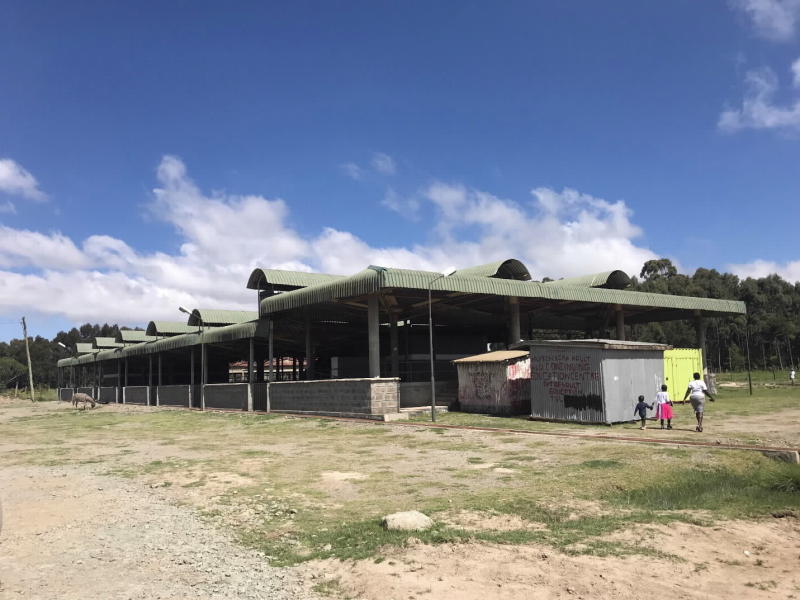×
The Standard e-Paper
Fearless, Trusted News

On the Boxing Day last year, I stopped by a town called ‘Flyover’ just before you start descending to Naivasha with the scenic view of Mt Longonot to the West and Aberdares to the East.
My attraction was a structure with a green roof which is a farmers’ market. It is complete but there are no sellers or buyers. A newly constructed gravel road takes you from the highway to this market.